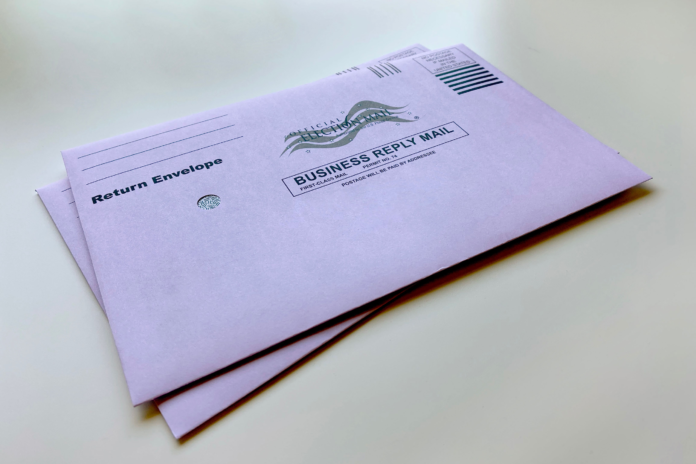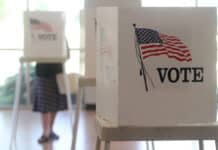The Minnesota secretary of state’s office is facing a new lawsuit over an administrative rule pertaining to the verification of absentee ballots.
Filed by the Upper Midwest Law Center (UMLC) on behalf of the Minnesota Voters Alliance, the lawsuit claims the rule violates a Minnesota statute on verifying absentee ballots.
According to a UMLC statement, the rule only allows ballot board members to reject an absentee ballot if the signature name is clearly different from the name printed on the voter’s signature envelope.
But in its legal complaint, the Minnesota Voters Alliance says the statute also requires ballot boards to reject absentee ballots if a voter’s state identification number, driver’s license, or last four digits of their social security number do not match the voter’s absentee ballot application or voter record. The administrative rule does not make this clear.
Additionally, the rule prevents election officials from rejecting absentee ballots if a voter uses “nicknames, abbreviations, or initials within either signature.”
The group alleges the secretary of state has no authority to limit the verification of absentee ballots.
“Absentee balloting has become the preferred method of voting in Minnesota because of COVID-19,” said Andy Cilek, executive director of the Minnesota Voters Alliance. “Yet the secretary of state’s conflicting rule makes it impossible for ballot board members to verify that absentee ballots are really from the person who applied for them. The rule must be struck down to ensure Minnesota has integrity in the handling of absentee ballots.”
UMLC’s senior trial counsel James Dickey said the administrative rule “conflicts with Minnesota’s absentee ballot verification statute.” In other words, the secretary of state has restricted the reasons for which an absentee ballot can be rejected, but state law “does not limit the reasons for which a ballot board may determine that a signature is not the voter’s signature.”
“It makes it impossible for election judges and ballot board members to do their job of verifying the voter named on an absentee ballot actually cast his or her vote. Because the secretary of state has created unnecessary confusion, our clients are asking the courts to step in and strike down this confusing rule,” Dickey added.
This is hardly the first controversy over absentee ballots in Minnesota. The city of Minneapolis, Duluth, Ramsey County and Olmsted County have been previously sued for stacking their ballot boards with bureaucrats instead of election judges from both parties.

















